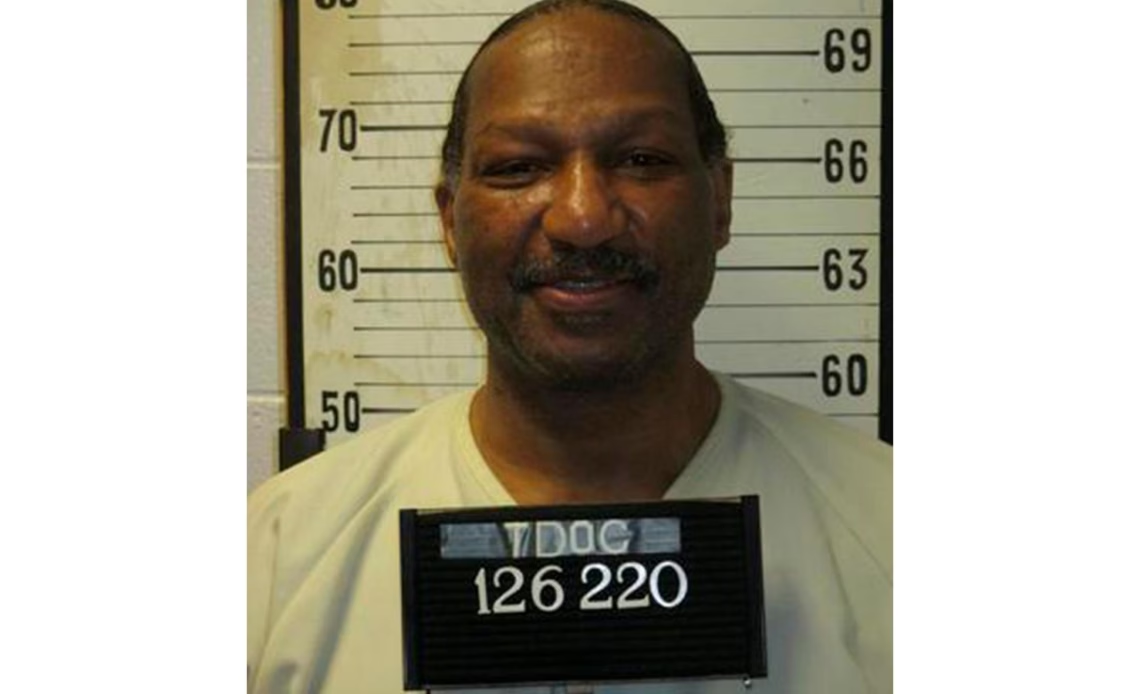NASHVILLE, Tenn. — Tennessee officials must deactivate a death-row inmate ‘s implanted heart-regulating device to avert the risk that it might try to shock him during his lethal injection, a judge ruled Friday.
The order by Nashville Chancellor Russell Perkins comes ahead of the Aug. 5 execution of Byron Black. Black’s attorneys have said that the implantable cardioverter-defibrillator could shock him in an attempt to restore his heart’s normal rhythm after the single dose of pentobarbital, with the potential for multiple rounds of shocks and extreme pain and suffering.
The order requires the state to deactivate the device moments before administering the lethal injection, including having medical or certified technician professionals, plus equipment, on hand. The lower-court judge said the order will not serve to delay the execution, something he said he does not have the authority to do. He also said it doesn’t add an undue administrative or logistical burden for the state.
Black’s attorneys say the only surefire way to shut off the device is for a doctor to place a programming device over the implant site, sending it a deactivation command. It is unclear how quickly the state could find a medical professional willing to do the deactivation. Additionally, the state is almost certain to file a quick appeal.
The implantable cardioverter-defibrillator is a small, battery-powered electronic instrument that is surgically implanted in someone’s chest, usually near the left collarbone. Black’s was inserted in May 2024. It serves as a pacemaker and an emergency defibrillator. At a two-day hearing this week, experts offered clashing testimony on how it would act during the execution and what Black could feel if he is shocked.
Attorneys for the state deemed it highly unlikely that the pentobarbital would trigger the device’s defibrillating function, and if it did, they say he would be unconscious and unaware, and unable to perceive pain. The state also said the lower-court judge lacked authority to order the device disabled.
Black’s attorneys say the state is relying on studies that confuse unawareness with unresponsiveness. The inmate’s team says research shows pentobarbital renders people unresponsive and causes them to experience amnesia after they undergo an operation, but it doesn’t make them unaware or unable to feel pain..
Kelley Henry, an attorney for Black, said she is relieved by the ruling.
“It’s horrifying to think about this frail old man being…
Click Here to Read the Full Original Article at ABC News: US…

